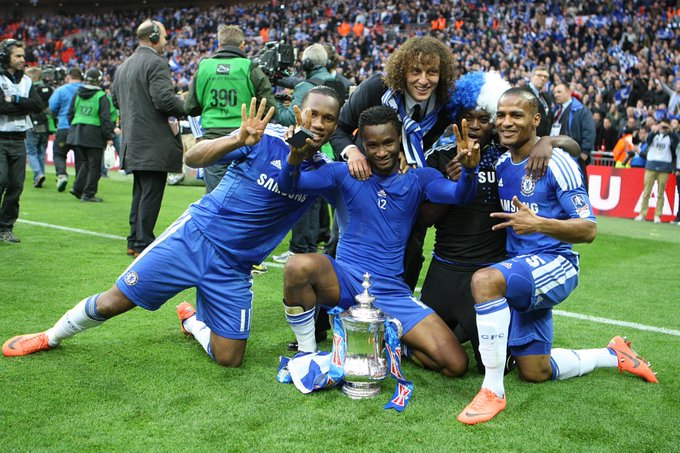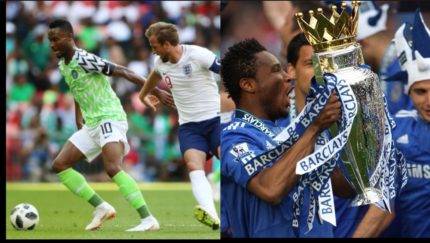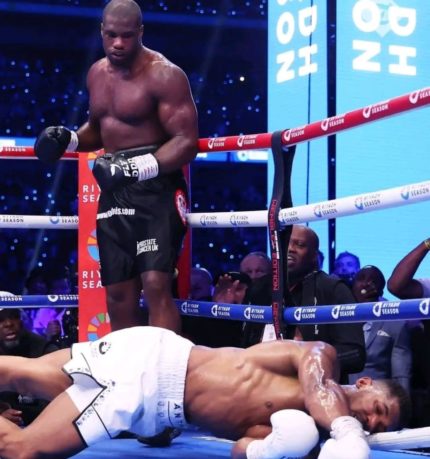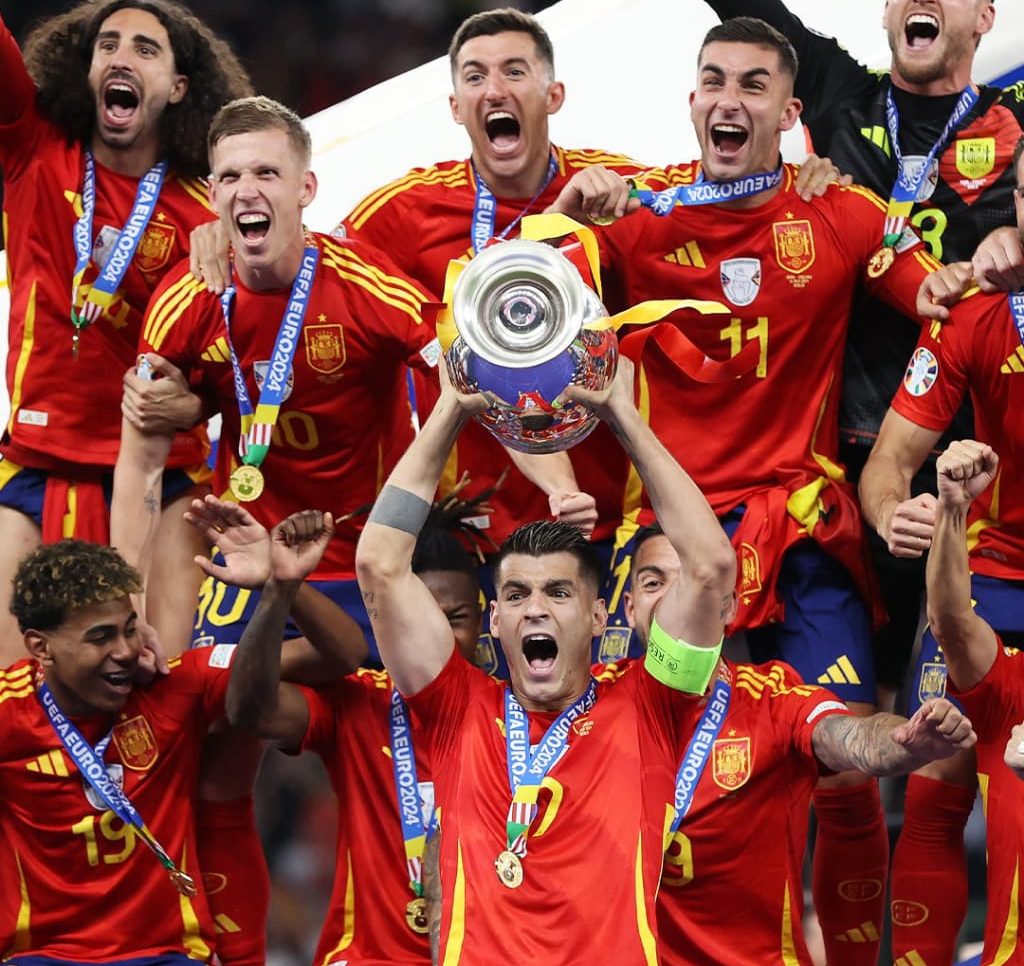In a candid interview on Rio Ferdinand’s Vibe with FIVE, former Chelsea and Nigeria midfielder Mikel John Obi unveiled a hidden aspect of the financial challenges faced by African footballers. He asserted that players from the continent are burdened with an unspoken financial responsibility to support extended family members and acquaintances back home. Mikel revealed that the pressure to provide financial assistance extends beyond immediate family to cousins, relatives, and even individuals who marry into the player’s family with the expectation of a secure financial future.
Mikel John Obi’s eye-opening disclosure highlights the pervasive cultural expectation for successful athletes to allocate a significant portion of their earnings to family members. The footballer emphasized the need to shed light on this issue, stating that young African players must be made aware of the challenges they may face in managing their finances and relationships. As he put it, “This story needs to be told.”
Financial Altruism and the Erosion of Players‘ Earnings
Mikel John Obi delved into the intricate dynamics of financial altruism, revealing that players often find themselves allocating the majority of their earnings to family members and relatives. He emphasized the cultural expectation that successful players owe financial support to their extended family, resulting in a scenario where players end up with less income than their relatives. This revelation provides a unique perspective on the sacrifices made by African footballers, transcending the realm of the game to the broader socio-economic challenges they navigate.

The former Chelsea star emphasized the importance of resilience for players who choose to limit or cease financial support, highlighting that such decisions can lead to strained relationships and a perception of the player as the “bad guy.” Mikel shared his personal experience of reaching a breaking point approximately five years ago, where he decided to put an end to the continuous financial demands. This candid admission sheds light on the emotional toll experienced by players who grapple with the dilemma of balancing familial expectations and personal financial well-being.
Emotional Blackmail and the Struggle to Break Free
Mikel John Obi discussed the emotional toll of resisting constant financial demands, revealing that players can face emotional blackmail from family members. He described situations where players are threatened with exposure to the press if they refuse to comply with financial requests. Mikel’s assertion that players can be “threatened by their own blood” unveils the profound challenges faced by athletes who grapple with conflicting pressures from both their careers and familial ties.
The 36-year-old emphasized that such issues are often kept private within the African community due to the stigma associated with discussing familial financial strains. Mikel John Obi‘s decision to share his experience sheds light on the need for open conversations within the sporting community to address the complex dynamics that players face off the pitch. The emotional toll of these financial struggles is highlighted, reinforcing the importance of mental health awareness and support within the realm of professional football.
Striking a Balance and Setting Boundaries
Mikel John Obi underscored the necessity for players to establish clear boundaries in managing their financial responsibilities. He encouraged young African players to be proactive in understanding the cultural expectations placed upon them and to navigate these challenges with a sense of agency. The interview serves as a valuable resource for emerging talents, offering insights into the importance of striking a balance between family obligations and personal financial well-being.
Mikel’s revelation that he reached a point where he had to assert, “No more,” emphasizes the significance of self-preservation and the need for players to prioritize their mental and emotional health. This aspect of the interview contributes to the ongoing discourse on the challenges faced by athletes beyond their physical performance, emphasizing the need for comprehensive support systems within the footballing community.
The Personal Toll – Mikel’s Reflections on Kidnappings and Mental Well-being
In a poignant moment of reflection, Mikel delved into the impact of his father being kidnapped twice. He shared his belief that such traumatic incidents can leave enduring and profound marks on a player’s mental and emotional well-being. This revelation provides a sobering perspective on the personal sacrifices and challenges that players from African backgrounds may face, extending beyond financial burdens to encompass the psychological toll of external events on their lives.

Mikel’s openness about his personal struggles contributes to the ongoing conversation surrounding mental health awareness within the world of professional football. The interview serves as a reminder that athletes are not immune to life’s challenges, and the footballing community must prioritize mental well-being alongside physical performance. Mikel’s resilience in the face of adversity becomes a source of inspiration for others navigating similar struggles, fostering a more supportive and understanding environment within the global footballing community.
Mikel John Obi Calls for Change and Support in African Football
As Mikel John Obi sheds light on the financial and emotional challenges faced by African footballers, there arises a call for change and increased support within the footballing ecosystem. The interview underscores the need for comprehensive education for young players on managing their financial success responsibly. Additionally, it prompts discussions on implementing support structures, including mental health resources, to assist athletes in navigating the intricate web of familial expectations and personal well-being.
Mikel’s candid interview serves as a catalyst for change, challenging the existing norms that place undue financial burdens on African players. The call for a more transparent and supportive environment within the footballing community echoes beyond Mikel’s personal experiences, signaling a need for systemic changes that prioritize the holistic well-being of players. As the interview reverberates through the sports world, it prompts a broader conversation on the responsibilities and challenges faced by athletes, fostering a more empathetic and informed approach to the realities of professional football in Africa.
Table of Contents
Discover more from OGM News NG
Subscribe to get the latest posts sent to your email.














